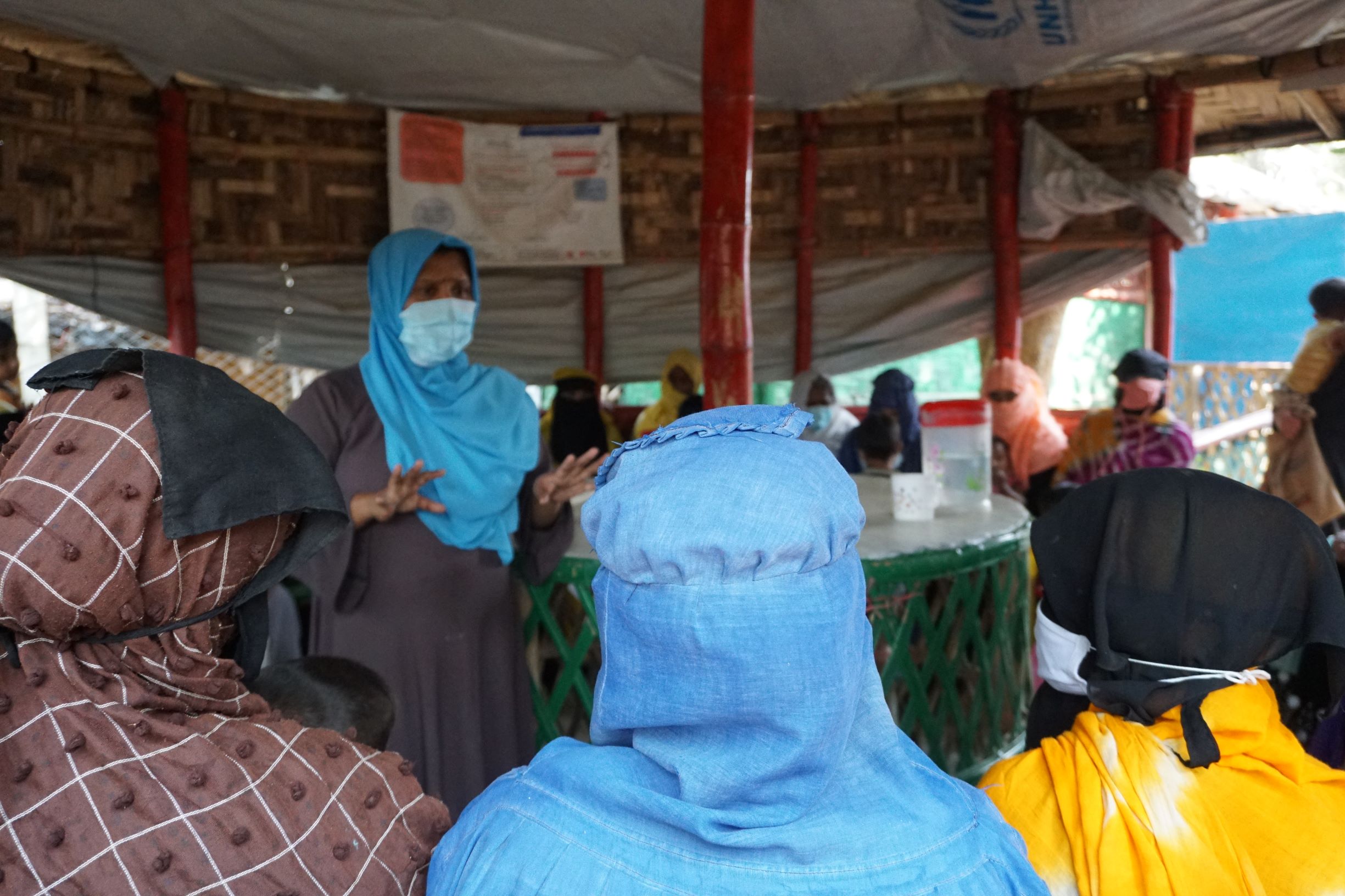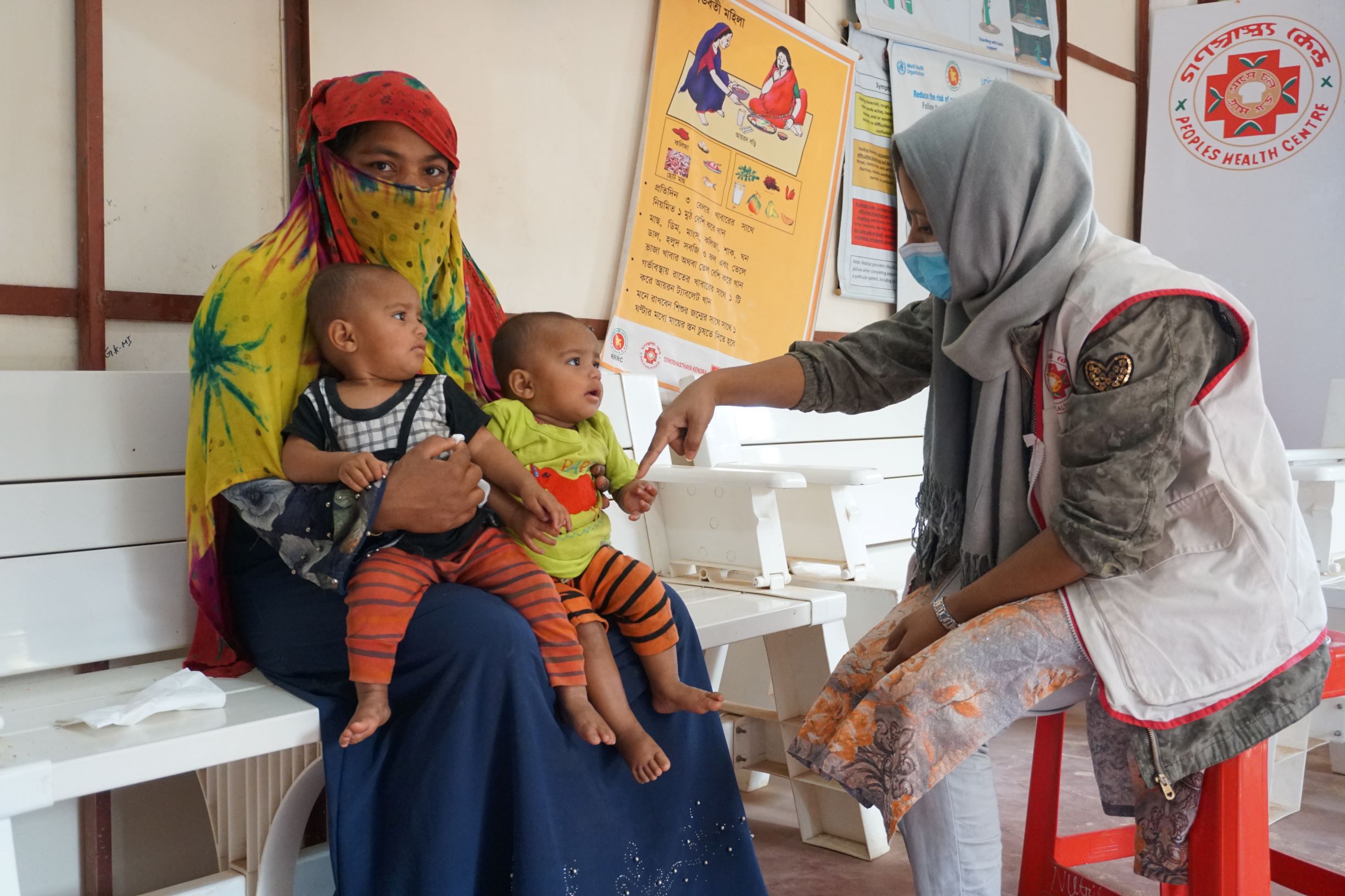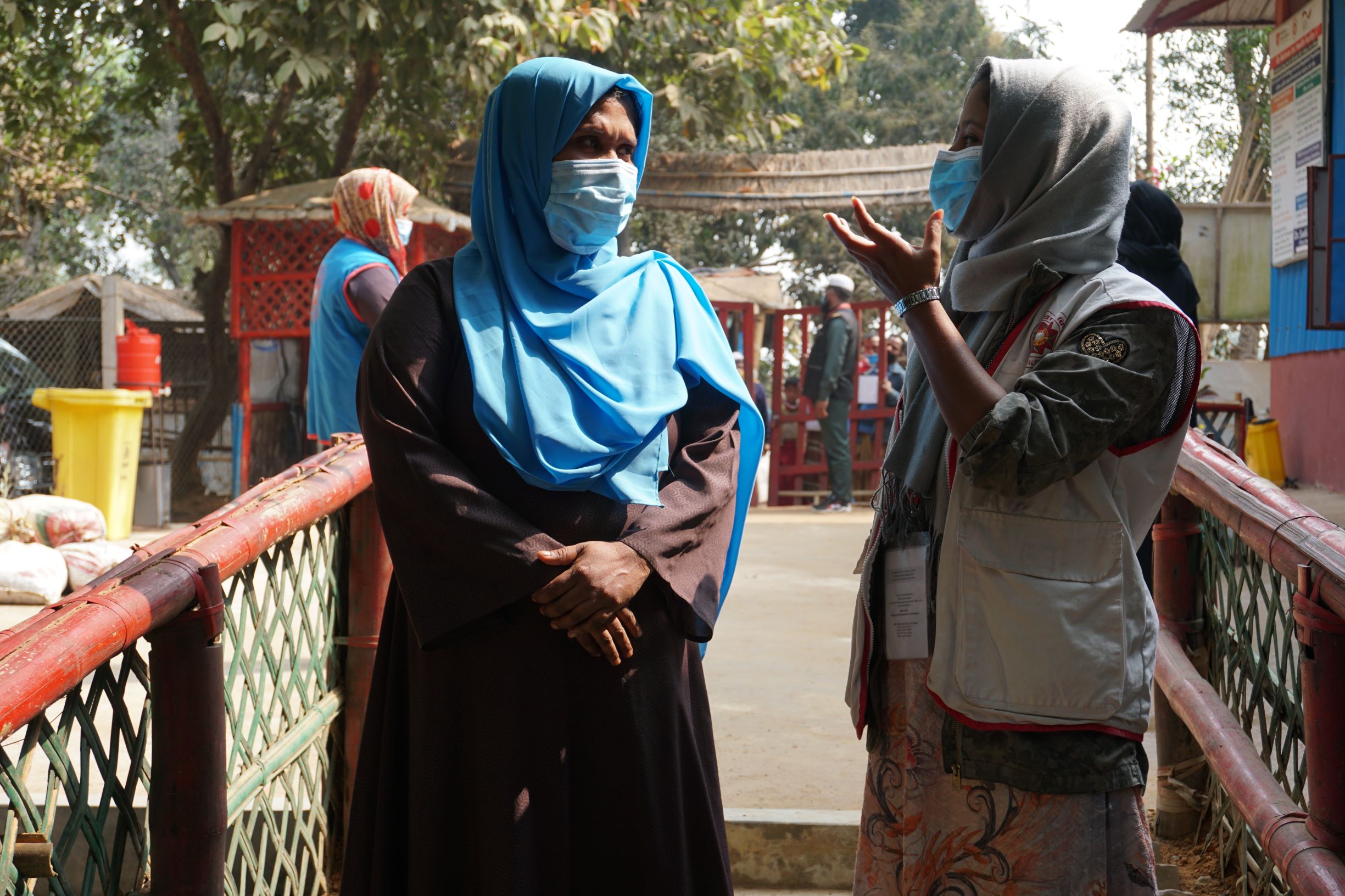Generation after generation, women have remarkably been able to navigate the challenges and opportunities of a constantly changing world throughout the many walks of life presented to them.
Over the past year, women have been standing tall at the frontlines of the COVID-19 pandemic as health care workers, caregivers, scientists, community mobilizers and notably as some of the most exemplary and effective leaders in the fight against the coronavirus whilst bracing for countries’ and the world’s recovery.
Thus far, COVID-19 has highlighted the irreplaceable contributions of women in decision-making, policies and laws that work better for all, but it has also exacerbated the extent to which women and girls carry disproportionate burdens throughout their lives as a result of gender inequalities.
To uphold women’s rights and fully leverage the potential of women’s leadership in pandemic preparedness and response, on International Women’s Day the World Health Organization (WHO) brings a message of hope from women trying to achieve an equal future - in health and beyond - in the world’s largest refugee camp.

A Rohingya female leader, Shakiya is helping women and girls navigate challenges and opportunities in the Cox’s Bazar refugee camps to enhance health seeking behaviours, including for sexual and reproductive health services. WHO Bangladesh/Tatiana Almeida
“I did not become a leader in my community by chance”, notes Shakiya a well-known female leader in the Rohingya refugee camps. “Everything I am today, I owe it to my parents who have empowered me since the day I was born and throughout my formal education up until 10th grade. My husband has also been a supportive figure in my life, and that of our children, enabling me to pursue my mission towards empowering women and girls”, she tells.
Shakiya fled Myanmar in August 2017 sided by her father, sister, husband and children. Despite the tragic events which led her family to seek refuge in Cox’s Bazar, Shakiya - also known as ‘Shantikana Apa’ {peace-building Sister} - decided to look at the bright side of life and saw in the refugee camps a platform to educate women and girls while linking them with much needed sexual and reproductive health and gender-based violence services, among others.

In her interactions with other women, Shakiya talks about the dangerous consequences of early marriage and gender-based violence, among other topics. Rohingya Imam and Majhis, male leaders in the community, have attributed to Shakiya the nickname of ‘Shantikana Apa’ {peace-building Sister}. WHO Bangladesh/Tatiana Almeida
“An important part of my work involves going from door to door to educate and empower women and girls on important health issues as a way to encourage informed decisions regarding their health and well-being. The community also knows where to find me and often times pregnant women and girls come to me for help. My dream is that other women, including my 5-year-old daughter as she grows older, take on leadership roles in our community”, she concludes.
Despite making up a majority of frontline workers globally, there is a disproportionate and inadequate representation of women in leadership roles. However, when placed at the right positions and at the right times, women’s participation and leadership contribute significantly to important health outcomes and that is particularly relevant in vulnerable contexts. Such is the case of Dr Sadia Afroz, Clinic Manager at the Gonoshasthaya Kendra (GK) health facility in Camp 1 East-Lambasia, in Ukhiya refugee camp.
“As a physician, clinic manager and supportive leader of my team, I feel that everyone’s life is better when women are brought to platforms where decisions are being made. In the same way, a patient’s future will look brighter when we create an enabling and friendly environment where everyone feels respected and cared for”, says Dr Sadia Afroz.

Clinic Manager at the Gonoshasthaya Kendra (GK) health facility in Camp 1East-Lambasia, Dr Sadia Afroz with 30-year-old Shakira who has had a safe but challenging delivery resulting in two healthy twin baby girls. WHO Bangladesh/Tatiana Almeida
A year ago, Shakira’s labour turned into a surprising sequence of events when one of her twin babies was born at her shelter in the refugee camp while waiting for the ambulance.
“The day my daughters Jannatul Bakia and Jannatul Ferdous were born was very difficult for me. One baby was born at home and the second at Médecins Sans Frontières (MSF) Hospital and after that I was unconscious for four days, despite having received two units of blood and other treatment”, recalls Shakira. “I never went to school, but I want my daughters to become knowledgeable women who will lead our people into a better future for all”, she adds.
“On this year’s International Women’s Day, we celebrate the achievements of women in leadership globally, who regardless of their walks in life, educational background and social and economic circumstances, strive to achieve an equal future for all. From the world’s largest refugee camp, the voices of Shakiya, Sadia and Shakira resonate to us all as a clear message of hope: these women are working together to empower each other towards accelerating health needs and equal rights. They know, as we know, how important gender equality is. At WHO we are committed to deliver comprehensive sexual and reproductive health information, services and rights”, notes WHO Head of Sub-Office, Dr Kai von Harbou.

In Cox’s Bazar and across the world women leaders have demonstrated their skills, knowledge and networks to effectively lead the COVID-19 response and help others navigate the challenges and opportunities posed by the pandemic. WHO Bangladesh/Tatiana Almeida
